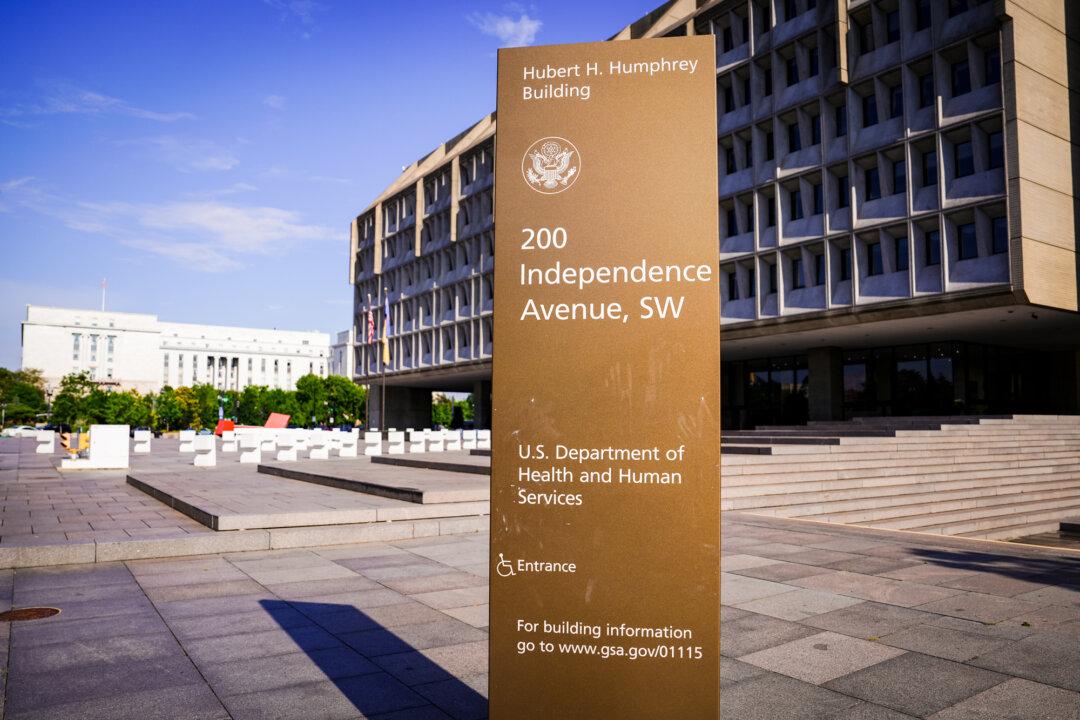The Department of Health and Human Services (HHS) has withdrawn a set of proposed regulations aimed at expanding access to contraception, leaving in place Trump-era rules that allow employers to opt out of providing birth control coverage due to religious or moral objections.
The decision not to move forward with the proposed rules, which sought to narrow the ability of employers to claim exemptions to the Obamacare contraception mandate, was announced by the HHS in a notice on Dec. 23.





